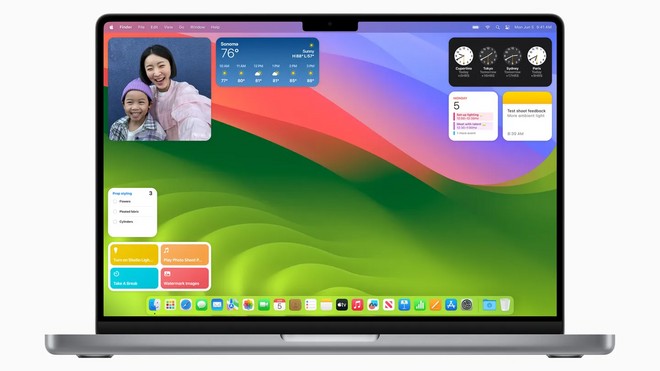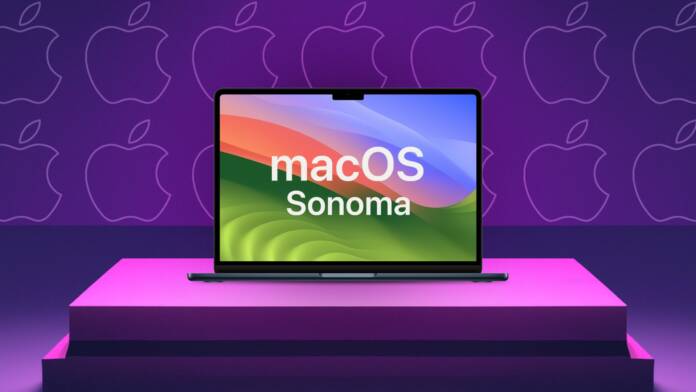Apple announced macOS 14 Sonoma with several improvements over macOS 13 Ventura, and developers enrolled in the company’s beta program are already revealing the changes that the new version of the system will bring to the Mac. On Wednesday (14), we discovered that the Mail will no longer support old plugins in the next update.
This does not, on the other hand, mean the end of utilities for the email management application. Apple introduced a new framework known as “MailKit” in 2021, and that will be the only extension development platform to Mail. Only tools created by MailKit will be supported in macOS 14 Sonoma.

The information was revealed by AltStore.io, the company behind several applications for Apple’s operating systems, including the AltServer plugin for Mail. The developer claims that it is already working on an update to prevent its users from losing access to the features of its tool in the beta version of macOS 14 Sonoma.
Plugins are popular tools that help users manage their inboxes. Its functions can include managing addresses, blocking unwanted messages, strengthening security and much more.
MailKit will ensure users have more security and privacy when using these third-party developed tools, but it is possible that this will come at the cost of limited functionality compared to legacy plugins. This means that not all old solutions will be able to “survive” as extensions based on the framework.
macOS 14 Sonoma is expected to be available to all users in the second half of 2023. Key highlights of the new operating system generation include a game mode that optimizes CPU and GPU access, support for desktop widgets and the insertion of web apps in the Dock. Computers eligible for the upgrade are:
- iMac (2019 and later)
- iMac Pro (2017)
- MacBook Air (2018 and later)
- MacBook Pro (2018 and later)
- Mac mini (2018 and later)
- Mac Studio (2022 and later)
- Mac Pro (2019 and later)













